Closing Process
Understand the closing process in Canadian real estate, including key steps, who is involved, and how legal ownership is transferred to the buyer.

May 22, 2025
What is a Closing Process?
The closing process is the final phase of a real estate transaction, during which legal ownership of the property is officially transferred from the seller to the buyer.
Why a Closing Process Matter in Real Estate
In Canadian real estate, the closing process involves a series of legal, financial, and administrative steps coordinated by the buyer’s and seller’s legal representatives. It typically includes:- Finalizing mortgage arrangements
- Completing a title search
- Paying outstanding adjustments and fees
- Registering the transfer of title with the land registry
- Releasing funds to the seller
The buyer’s lawyer or notary ensures all documents are signed, funds are transferred, and legal obligations are met. On the agreed-upon closing date, the buyer receives the keys and legal title to the property.
This phase is crucial because any delays or errors can affect possession timelines, moving plans, or mortgage terms. Understanding the closing process helps buyers plan accordingly and avoid missteps that could lead to penalties or disputes.
While the process can vary by province, legal guidance is always recommended to navigate local regulations and requirements.
Example of a Closing Process
On closing day, the buyer’s lawyer registers the title, transfers the purchase funds, and confirms the buyer is now the official owner of the home.
Key Takeaways
- Final stage of a real estate transaction.
- Involves legal, financial, and administrative steps.
- Includes title transfer and fund disbursement.
- Buyer receives keys and ownership at completion.
- Managed by legal professionals on both sides.
Related Terms
- Closing Date
- Title Transfer
- Legal Fees
- Closing Costs
- Possession Date

 CREA
CREA
 Liam Gill is a lawyer and tech entrepreneur who consults with Torontonians looking to convert under-densified properties. (More Neighbours Toronto)
Liam Gill is a lawyer and tech entrepreneur who consults with Torontonians looking to convert under-densified properties. (More Neighbours Toronto)



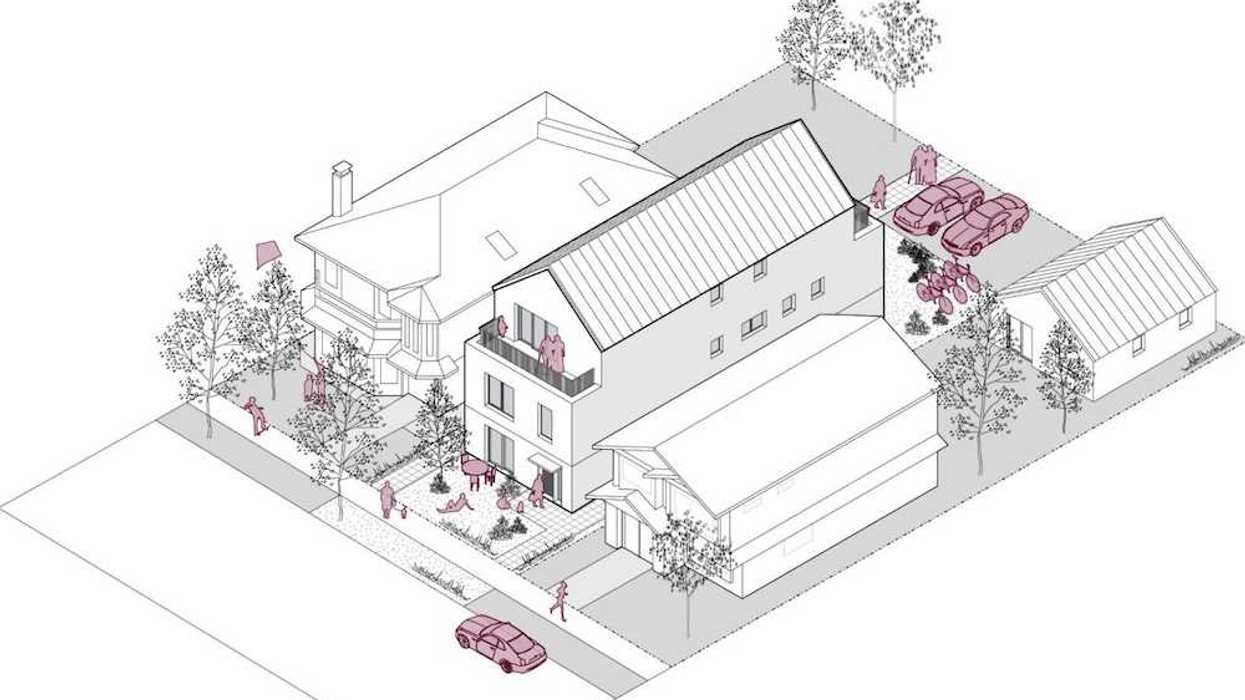



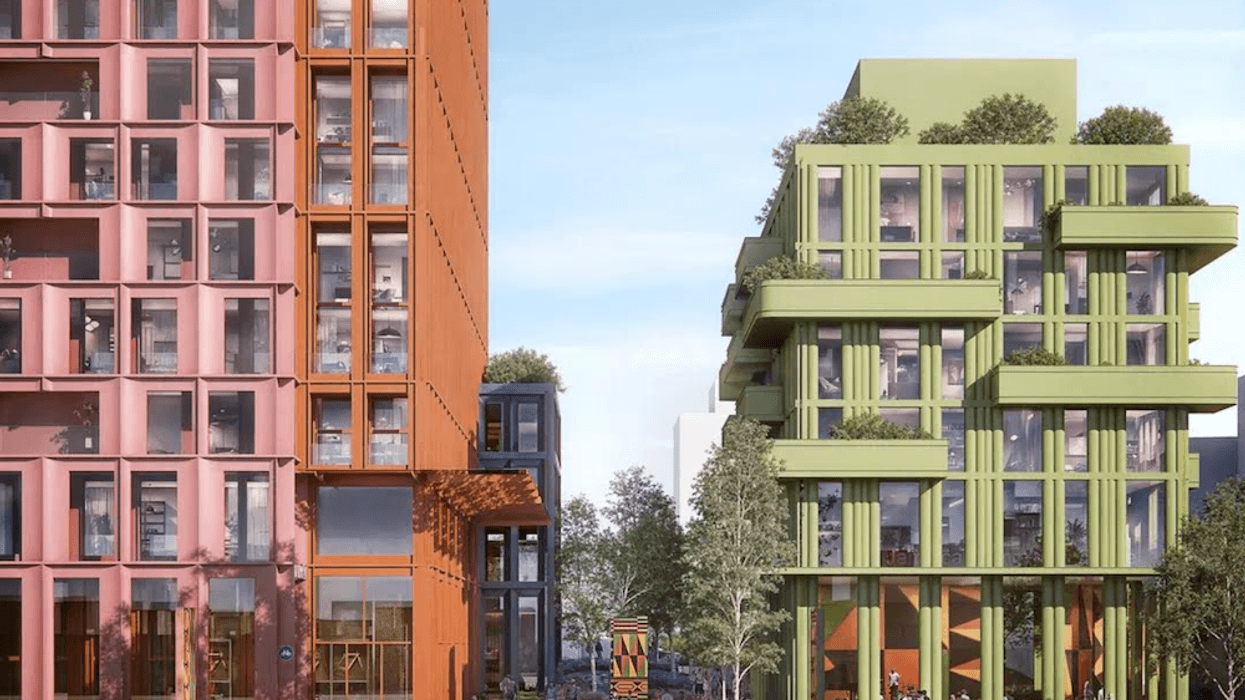
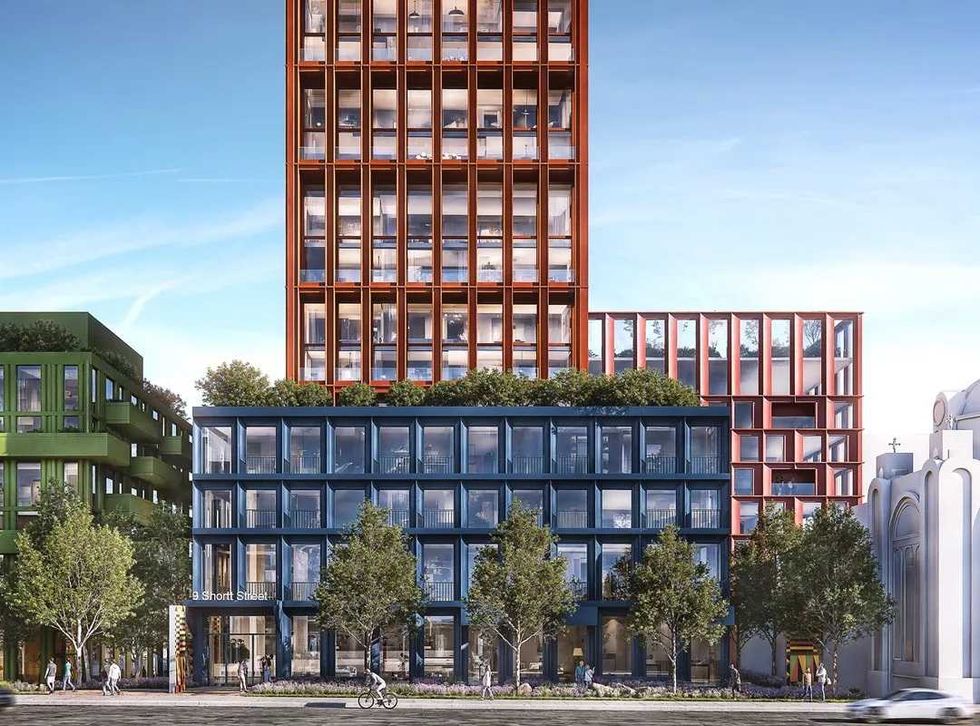 Rendering of 9 Shortt Street/CreateTO, Montgomery Sisam
Rendering of 9 Shortt Street/CreateTO, Montgomery Sisam Rendering of 1631 Queen Street/CreateTO, SVN Architects & Planners, Two Row Architect
Rendering of 1631 Queen Street/CreateTO, SVN Architects & Planners, Two Row Architect Rendering of 405 Sherbourne Street/Toronto Community Housing, Alison Brooks Architects, architectsAlliance
Rendering of 405 Sherbourne Street/Toronto Community Housing, Alison Brooks Architects, architectsAlliance

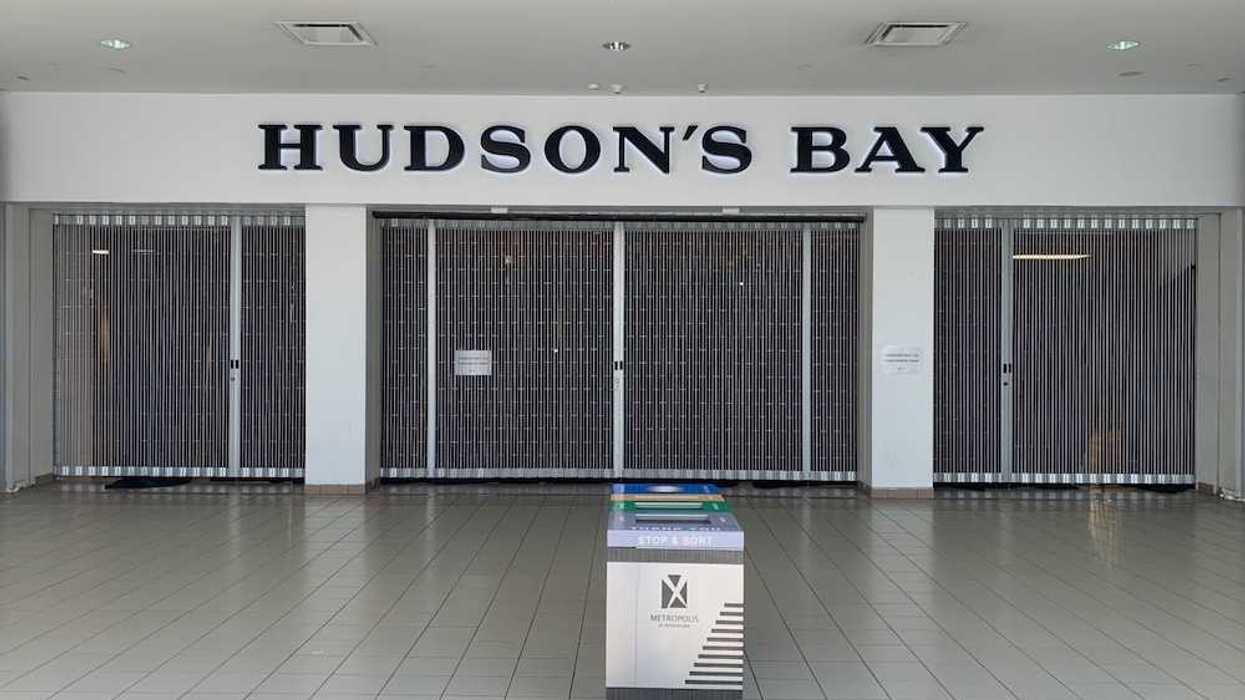
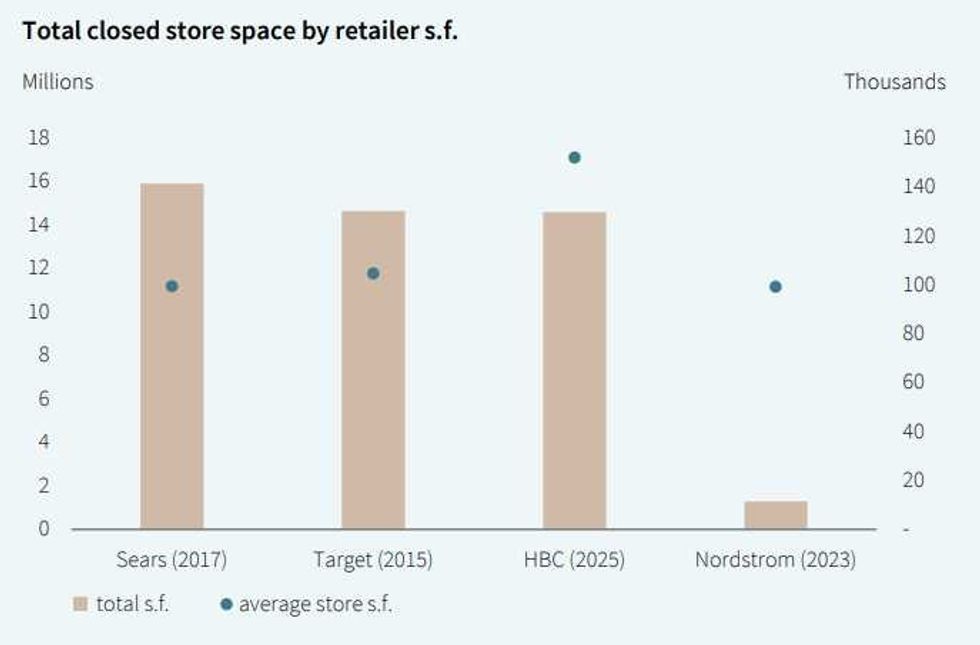 Hudson’s Bay vacated about as much space as Target did in 2015. (JLL)
Hudson’s Bay vacated about as much space as Target did in 2015. (JLL)